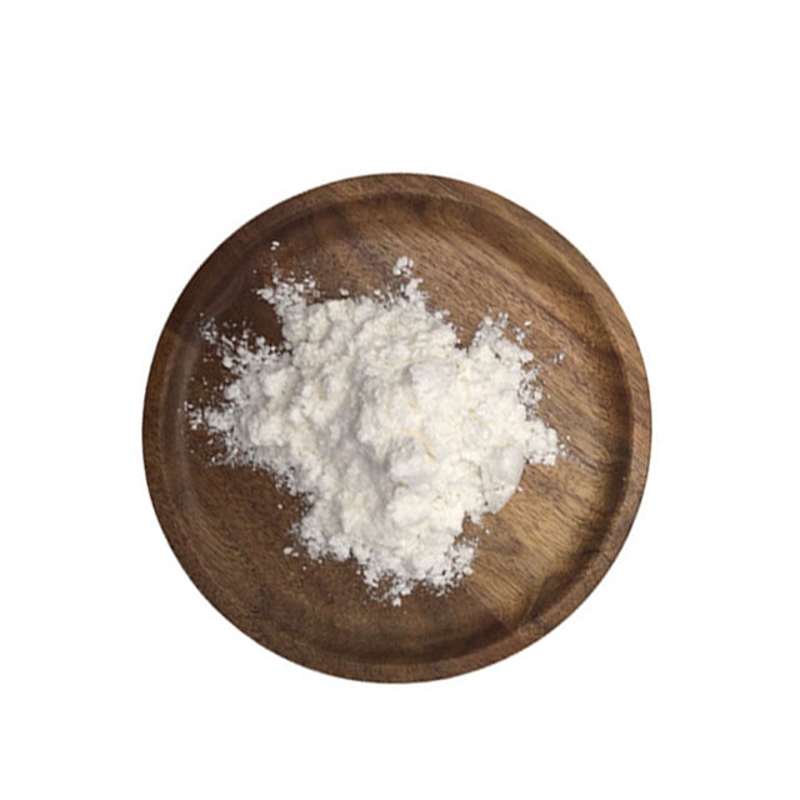-
Categories
-
Pharmaceutical Intermediates
-
Active Pharmaceutical Ingredients
-
Food Additives
- Industrial Coatings
- Agrochemicals
- Dyes and Pigments
- Surfactant
- Flavors and Fragrances
- Chemical Reagents
- Catalyst and Auxiliary
- Natural Products
- Inorganic Chemistry
-
Organic Chemistry
-
Biochemical Engineering
- Analytical Chemistry
- Cosmetic Ingredient
-
Pharmaceutical Intermediates
Promotion
ECHEMI Mall
Wholesale
Weekly Price
Exhibition
News
-
Trade Service
Author: Gao Lili This article is published by Yimaitong authorized by the author, please do not reprint without authorization
.
Use of proton pump inhibitors Proton pump (H+-K+-ATPase) inhibitors (PPI) are weakly alkaline benzimidazole compounds that can inhibit central or peripheral mediated by acting on H+-K+-ATPase Gastric acid secretion, and inhibit the secretion of gastric acid caused by basic and various reasons.
It has a fast onset, complete acid suppression, strong and long-lasting acid suppression, and its acid suppression ability is much greater than traditional acid suppression such as H2 receptor antagonists (H2RA) Drugs
.
At present, the commonly used PPIs in China are omeprazole, pantoprazole, lansoprazole, rabeprazole, esomeprazole and ilaprazole, which can be used clinically to treat and prevent acid-related diseases such as stomach esophageal reflux disease (of GERD), chronic gastritis, peptic ulcer, upper gastrointestinal bleeding, Zhuoai syndrome, acid indigestion, drug-related gastrointestinal mucosal injury, stress ulcer
.
Optimization recommendations for PPI adverse reactions Common adverse reactions of PPI include gastrointestinal symptoms (nausea, diarrhea, abdominal pain, flatulence, constipation), dry mouth, headache, tinnitus, myalgia, arthralgia, muscle weakness, blurred vision, allergies disease, interstitial nephritis, and can cause hepatic dysfunction, pancytopenia, thrombocytopenia, agranulocytosis psychosis
.
Omeprazole has a mild anti-androgen effect.
For men, breast growth and decreased libido may occur after long-term medication, and for women, galactorrhea may occur after long-term medication, and it can return to normal after stopping the medication
.
Long-term use of PPI (usually defined as more than 6 months), be alert to potential adverse effects associated with PPI, such as osteoporosis and fractures, pneumonia, small intestinal bacterial overgrowth, Clostridium difficile infection, spontaneous bacterial peritonitis, vitamins B12 and iron malabsorption, hypomagnesemia, kidney disease, tumor, dementia, myocardial infarction, atrophic gastritis, etc.
.
The optimization of the combination of PPI and other drugs suggests that PPI has a strong and long-lasting acid suppression effect, which leads to an increase in gastric pH.
At the same time, PPI is mainly metabolized by CYP2C19 and CYP3A4 (except for rabeprazole), and it has an effect on CYP2C19, CYP3A4, and p-glycoprotein.
The other transporters have different degrees of inhibition, so PPI may interact with other drugs by affecting the absorption, metabolism or excretion of other drugs
.
References: 1.
Expert consensus on the optimal application of proton pump inhibitors[J].
Chinese Journal of Hospital Pharmacy,2020.
2.
Expert consensus on the preventive application of proton pump inhibitors (2018)[J].
Chinese Physician Journal,2018,20(12) :1775-1778.
3.
Guiding Principles for the Clinical Application of Proton Pump Inhibitors in Hunan Province (Trial)[J].
Zhongnan Pharmaceutical, 2016,14(7):673-676.
4.
Expert guidance on preventive use of proton pump inhibitors and simplification of prescriptions (Guangdong Pharmaceutical Association July 1, 2019).
5.
Expert consensus on the rational use of proton pump inhibitors in the elderly[J].
Chinese Journal of Geriatrics,2015,34(10):1045-1048.
6.
Child proton pump inhibitors Expert consensus on reasonable use (2019 edition)[J].
Chinese Journal of Practical Pediatrics,2019,34(12):977-981.
.
Use of proton pump inhibitors Proton pump (H+-K+-ATPase) inhibitors (PPI) are weakly alkaline benzimidazole compounds that can inhibit central or peripheral mediated by acting on H+-K+-ATPase Gastric acid secretion, and inhibit the secretion of gastric acid caused by basic and various reasons.
It has a fast onset, complete acid suppression, strong and long-lasting acid suppression, and its acid suppression ability is much greater than traditional acid suppression such as H2 receptor antagonists (H2RA) Drugs
.
At present, the commonly used PPIs in China are omeprazole, pantoprazole, lansoprazole, rabeprazole, esomeprazole and ilaprazole, which can be used clinically to treat and prevent acid-related diseases such as stomach esophageal reflux disease (of GERD), chronic gastritis, peptic ulcer, upper gastrointestinal bleeding, Zhuoai syndrome, acid indigestion, drug-related gastrointestinal mucosal injury, stress ulcer
.
Optimization recommendations for PPI adverse reactions Common adverse reactions of PPI include gastrointestinal symptoms (nausea, diarrhea, abdominal pain, flatulence, constipation), dry mouth, headache, tinnitus, myalgia, arthralgia, muscle weakness, blurred vision, allergies disease, interstitial nephritis, and can cause hepatic dysfunction, pancytopenia, thrombocytopenia, agranulocytosis psychosis
.
Omeprazole has a mild anti-androgen effect.
For men, breast growth and decreased libido may occur after long-term medication, and for women, galactorrhea may occur after long-term medication, and it can return to normal after stopping the medication
.
Long-term use of PPI (usually defined as more than 6 months), be alert to potential adverse effects associated with PPI, such as osteoporosis and fractures, pneumonia, small intestinal bacterial overgrowth, Clostridium difficile infection, spontaneous bacterial peritonitis, vitamins B12 and iron malabsorption, hypomagnesemia, kidney disease, tumor, dementia, myocardial infarction, atrophic gastritis, etc.
.
The optimization of the combination of PPI and other drugs suggests that PPI has a strong and long-lasting acid suppression effect, which leads to an increase in gastric pH.
At the same time, PPI is mainly metabolized by CYP2C19 and CYP3A4 (except for rabeprazole), and it has an effect on CYP2C19, CYP3A4, and p-glycoprotein.
The other transporters have different degrees of inhibition, so PPI may interact with other drugs by affecting the absorption, metabolism or excretion of other drugs
.
References: 1.
Expert consensus on the optimal application of proton pump inhibitors[J].
Chinese Journal of Hospital Pharmacy,2020.
2.
Expert consensus on the preventive application of proton pump inhibitors (2018)[J].
Chinese Physician Journal,2018,20(12) :1775-1778.
3.
Guiding Principles for the Clinical Application of Proton Pump Inhibitors in Hunan Province (Trial)[J].
Zhongnan Pharmaceutical, 2016,14(7):673-676.
4.
Expert guidance on preventive use of proton pump inhibitors and simplification of prescriptions (Guangdong Pharmaceutical Association July 1, 2019).
5.
Expert consensus on the rational use of proton pump inhibitors in the elderly[J].
Chinese Journal of Geriatrics,2015,34(10):1045-1048.
6.
Child proton pump inhibitors Expert consensus on reasonable use (2019 edition)[J].
Chinese Journal of Practical Pediatrics,2019,34(12):977-981.







